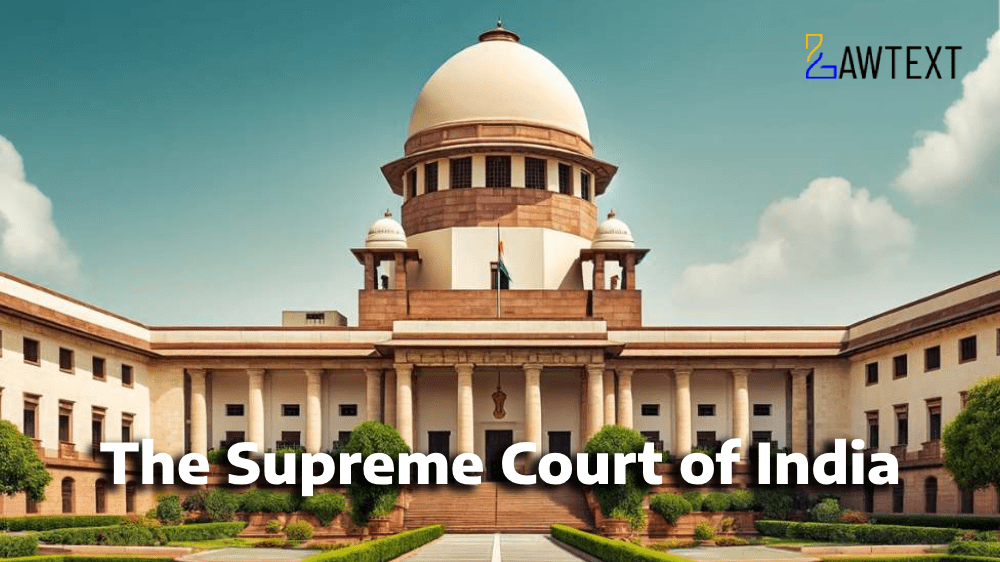

The Supreme Court overturned an unusual and untenable judgment by the Madras High Court, which had discharged a key accused, Respondent No. 2, in a murder case after the Sessions Court had already framed charges against him. The Supreme Court emphasized that the High Court improperly entertained a revision application against an interlocutory order, violating Section 397(2) of the Cr.P.C. and disrupting the judicial process. The apex court restored the order of the Sessions Court, imposed a cost of Rs. 50,000 on Respondent No. 2 for filing frivolous applications, and directed the Sessions Court to expedite the trial.
The appeal arose from a judgment by the Madras High Court that set aside charges framed against Respondent No. 2 in a 2009 murder case, directing further investigation under Section 173(8) of the Cr.P.C. The case involved an FIR registered against multiple accused, including Respondent No. 2, for serious offenses including murder.
The Respondent's discharge application was dismissed by the Sessions Court, and the High Court upheld this decision. Despite this, the Respondent filed another application seeking modification of the charges, which was also dismissed by the Sessions Court.
The High Court, in its impugned order, discharged the Respondent from the charges despite the finality of the earlier decision. The Supreme Court criticized this order as being based on extraneous considerations and legally untenable.
The Supreme Court underscored that the scope of revisional jurisdiction under Section 397 Cr.P.C. is limited, particularly against interlocutory orders. The High Court’s interference in the case was deemed improper and contrary to settled legal principles.
The Supreme Court restored the Sessions Court's order, imposed a Rs. 50,000 cost on the Respondent for abusing the legal process, and directed the trial to proceed expeditiously. Non-cooperation by the accused in the trial could result in bail cancellation.
The appeal was allowed, with strict instructions to ensure the swift continuation of the trial and compliance with the cost order. The Supreme Court's decision reinforces the importance of adhering to procedural rules and preventing the misuse of legal avenues to delay justice.
Citation: 2024 LawText (SC) (8) 292
Case Number: CRIMINAL APPEAL NO. ……..OF 2024 (@SPECIAL LEAVE PETITION (Crl.) No.2029 OF 2018
Date of Decision: 2024-08-29
Case Title: K. RAVI VERSUS STATE OF TAMIL NADU & ANR.
Before Judge: [BELA M. TRIVEDI J. , SATISH CHANDRA SHARMA J.]
Appellant: K. RAVI
Respondent: STATE OF TAMIL NADU & ANR.